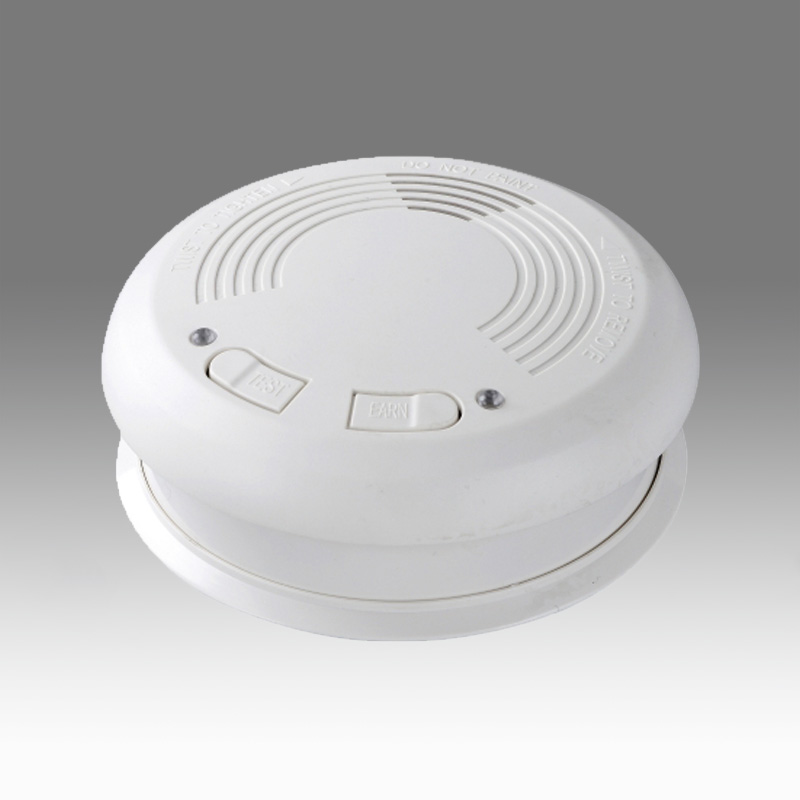When choosing a wireless online smoke alarm system for […]
When choosing a wireless online smoke alarm system for your home, it's important to consider several factors to ensure you select the right system that meets your safety needs. Here are some key considerations to keep in mind:
Connectivity: Look for a wireless online smoke alarm system that supports reliable connectivity options such as Wi-Fi, Zigbee, or Z-Wave. Ensure that the system can seamlessly connect to your home network and integrate with your smart home ecosystem if you have one.
Detection Technology: Consider the type of smoke detection technology used in the system. Look for smoke alarms that utilize photoelectric and ionization sensors or a combination of both. Photoelectric sensors are more effective at detecting slow, smoldering fires, while ionization sensors are better at detecting fast, flaming fires.
Alarm Features: Evaluate the alarm features of the system. Look for smoke alarms that provide loud and clear audible alarms to alert occupants in case of a fire. Some systems may also offer additional features such as voice alerts, customizable alarm sounds, or LED indicators for enhanced notifications.
Monitoring and Notifications: Determine how the wireless online smoke alarm system sends alerts and notifications. Check if the system can send real-time notifications to your smartphone or other connected devices, allowing you to receive alerts even when you're away from home. Look for systems that offer multiple notification channels such as push notifications, emails, or SMS.
Battery Life and Backup: Consider the battery life of the smoke alarms. Look for systems that offer long-lasting batteries and consider whether they are replaceable or rechargeable. Additionally, check if the system has a backup power source, such as a built-in battery or connection to a power supply, to ensure continuous operation during power outages.
Maintenance and Testing: Review the maintenance requirements of the smoke alarm system. Check if the system provides regular self-testing and monitoring features to ensure the alarms are functioning properly. Some systems may also offer remote testing capabilities, allowing you to perform tests and receive status updates from your smartphone.
Expandability: Consider the scalability and expandability of the system. Determine if you can easily add more smoke alarms or integrate other safety devices, such as carbon monoxide detectors or smart fire extinguishers, to create a comprehensive safety network for your home.
Compliance and Certification: Ensure that the smoke alarm system meets the necessary safety standards and certifications specific to your region. Look for systems that comply with regulations such as UL (Underwriters Laboratories) certification or EN (European Norm) standards to ensure the alarms meet the required safety criteria.
By considering these factors, you can make an informed decision when selecting a wireless online smoke alarm system that best fits your home's safety requirements and integrates smoothly with your smart home setup if applicable.